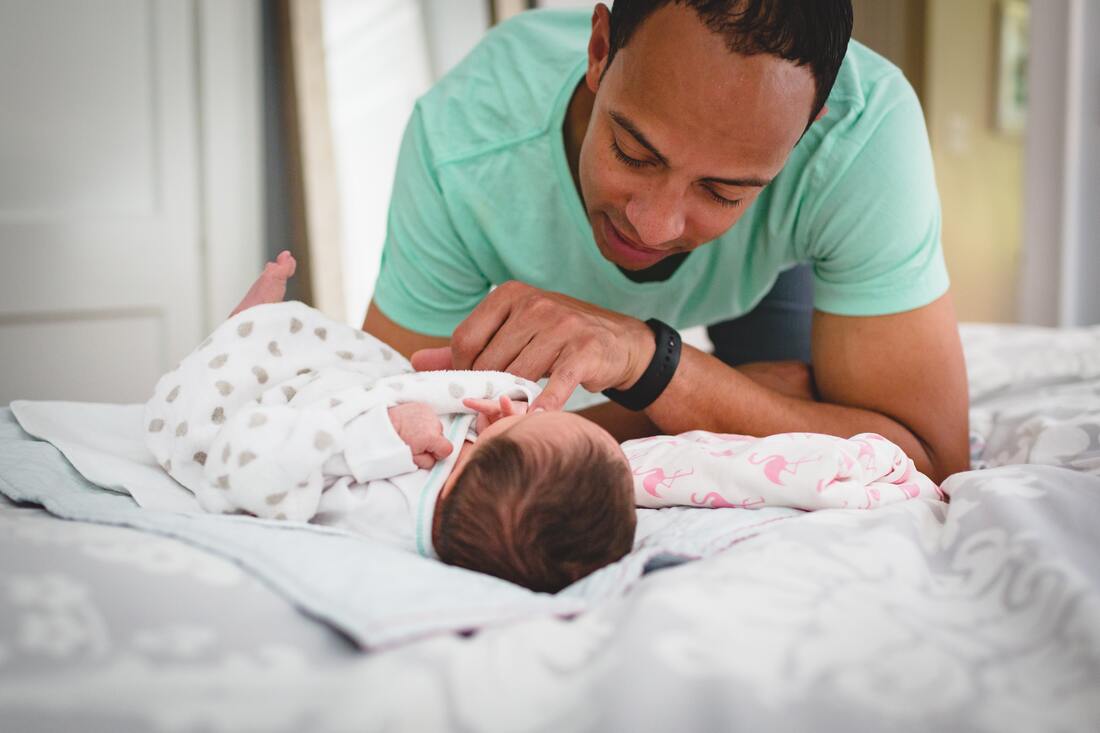|
Your baby is learning to speak long before they say their first words. Talking with your child and giving them loving attention will strengthen the bond between you and help them to develop academic and communication skills they’ll need later in life. Plus, you’ll both have a lot of fun. A famous study in the 1990s coined the term word gap to describe how children in lower income families hear about 30 million fewer words by the age of 3 compared to their wealthier peers. More recently, a Stanford University study found an intellectual processing gap emerging at around 18 months.
Create the word-rich environment your child needs to learn and thrive. Try these tips for communicating with your baby. Communicating with Babies from Birth to Three Months As you know, crying will be your baby’s main way of communicating for a while. While individual timelines vary greatly, many babies start using their voice at about 2 months to coo and gurgle. They may also start making some simple vowel sounds. Use these strategies for greater communication with your infant: Use baby talk. It’s a myth that baby talk will hold your baby back. In fact, babies pay more attention to sing-song style speech with a higher pitch and warmer tone. At the same time, it’s beneficial to gradually introduce them to adult speech too.
Communicating with Older Babies Most babies speak their first words by the end of their first year, and most can understand a few words by the time they reach 9 months. It’s usually not a cause for concern if a baby starts later. Speak with your doctor if you have any questions about your baby’s development and hearing. These techniques will help you communicate with your older baby:
Your baby loves it when you to talk with them. Make them happy and encourage their language and social skills by having conversations, reading, singing, and playing games. |
Categories
All
|
Site Links |
Copyright © - Nadia Edwards 2024, 3 Northbank Road, Cairneyhill, Dunfermline, Fife, KY128RN | Sitemap




